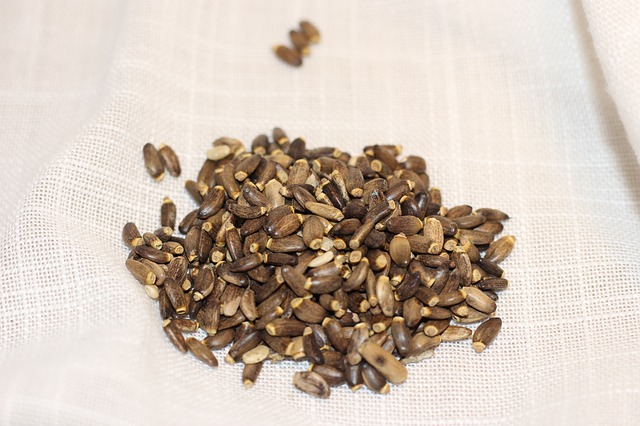 Milk thistle (Silybum marianum) is a herb that is used in traditional medicine for its therapeutic effects. Milk thistle contains a number of flavonolignans that are collectively called silymarin. Silimarin is composed of silibinin (also called silybin), isosilibinin, silicristin, silidianin, and others. Milk thistle may have potential use as an anxiolytic herb because of the flavonolignans it contains. For example, in one study researchers investigated the anti-anxiety and antidepressant effects of silybin on rats. The results of the study showed that silybin significantly reduced anxious and depressive behaviour when the rats were exposed to experimental stress. Further evidence from the same study showed that silybin was able to reduce neurological damage in the hippocampus of the rats when they were exposed to neurotoxic compounds. As the hippocampus is the areas of the brain that may become dysfunctional in mood disorders, this suggests that silybin is able to elevate mood by supplying protection to the hippocampus.
Milk thistle (Silybum marianum) is a herb that is used in traditional medicine for its therapeutic effects. Milk thistle contains a number of flavonolignans that are collectively called silymarin. Silimarin is composed of silibinin (also called silybin), isosilibinin, silicristin, silidianin, and others. Milk thistle may have potential use as an anxiolytic herb because of the flavonolignans it contains. For example, in one study researchers investigated the anti-anxiety and antidepressant effects of silybin on rats. The results of the study showed that silybin significantly reduced anxious and depressive behaviour when the rats were exposed to experimental stress. Further evidence from the same study showed that silybin was able to reduce neurological damage in the hippocampus of the rats when they were exposed to neurotoxic compounds. As the hippocampus is the areas of the brain that may become dysfunctional in mood disorders, this suggests that silybin is able to elevate mood by supplying protection to the hippocampus.

Milk thistle seeds are a rich source of silymarin. Silymarin contains a high amount of antioxidants and this may be why the extract is neuroprotective. Current evidence suggests that neurotoxicity can arise as a direct result of oxidative stress in the brain. Antioxidants prevent or limit this oxidative stress and are therefore neuroprotective.
Eat Well, Stay Healthy, protect Yourself
RdB
